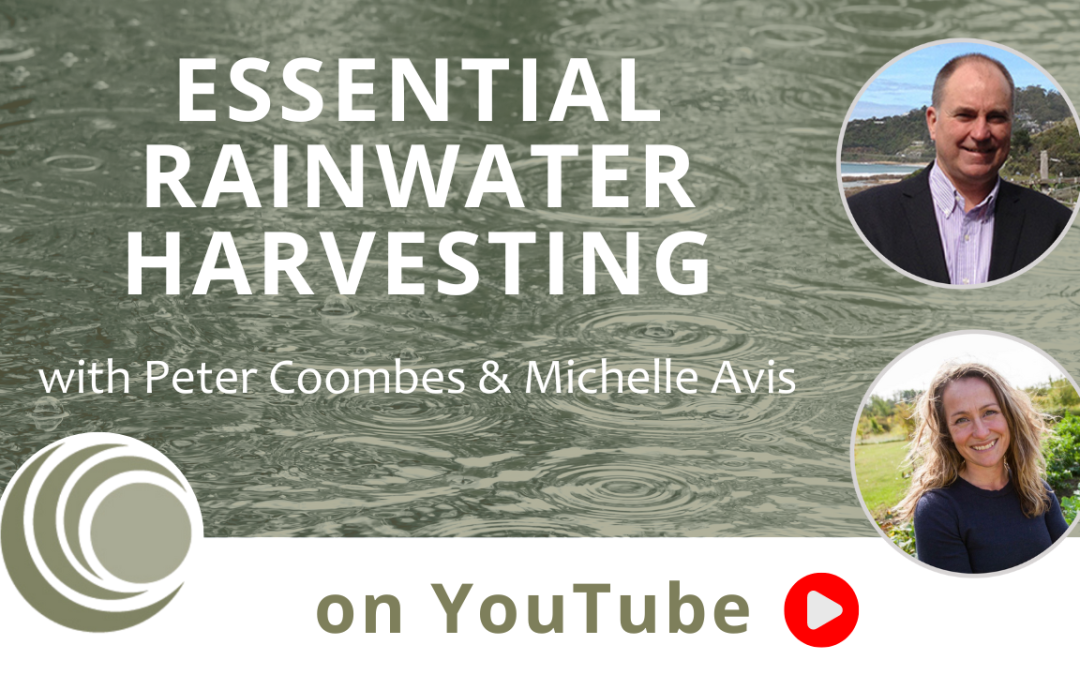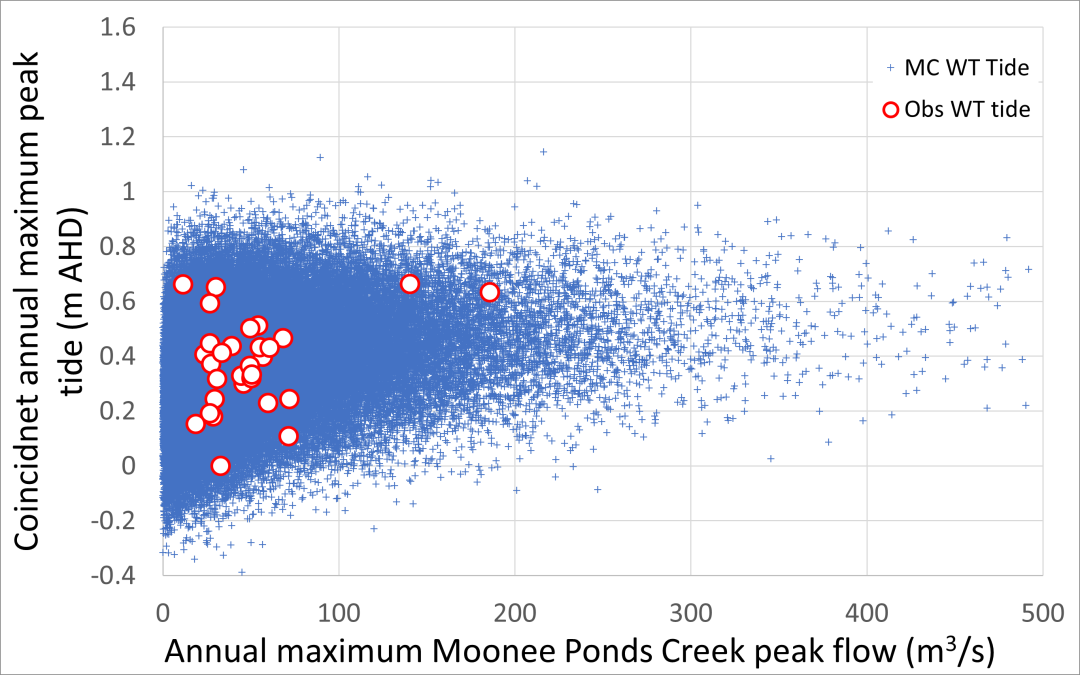Welcome to Urban Water Cycle Solutions
We believe in a better world.
A sustainable and equitable ecosystem supports this aim.
Forensic examination of systems provides best knowledge to guide our journey.
Transfer of wisdom derived from courage, independence and honesty is our approach.
Featured Projects

Rainwater harvesting and systems thinking for a better world – release of YouTube Channel
The Essential Rainwater Harvesting Course was created by Peter Coombes of Urban Water Cycle Solutions (https://urbanwatercyclesolutions.com) and Michelle Avis of Verge Permaculture (https://vergepermaculture.ca). First recorded in 2020, a large majority of the course is now being released, for free, on YouTube as part of our shared mission to educate and spread information on rainwater harvesting as widely as possible.

Application of joint probability to respond to climate change and avoid cumulative extreme assumptions
Application of joint probability to respond to climate change and avoid cumulative extreme assumptions Presentation the Hydrology and Water Resources Symposium at the Hilton George Street Sydney by Professor Peter J Coombes at 12:20 pm on Wednesday 15 November 2023....
Mixed Methods to increase certainty about catchment and coastal flood risks
Utilising mixed methods of defining joint probability of catchment and coastal flooding to increase certainty and utility of flood risk analysis Peter J Coombes and Robert Swan presenting at the Hydrology and Water Resources Symposium HWRS2024 on Tuesday 19 November...
Water Regulation, Legislation, Monopoly and Preference for Utility Infrastructure
New Journal paper from Peter J Coombes explores the influence of regulation, legislation and monopoly processes on preference for utility supply side infrastructure. The effects of price regulation and preference for utility supply infrastructure on Australian urban water utilities and urban water markets are considered by examination of historical data and models of the future of a case study of the Greater Sydney and Melbourne regions. Interesting read in the context of requests to double water bills and limit user pays pricing
Categories
Blog
Projects
Publications
Featured Publications
Rethinking responses to the world’s water crises
Rethinking responses to the world’s water crises New journal paper published by Nature Sustainability by the ANU team lead by Quentin Grafton and our colleagues. The world faces multiple water crises, including overextraction, flooding, ecosystem degradation and...
Mixed Methods to increase certainty about catchment and coastal flood risks
Utilising mixed methods of defining joint probability of catchment and coastal flooding to increase certainty and utility of flood risk analysis Peter J Coombes and Robert Swan presenting at the Hydrology and Water Resources Symposium HWRS2024 on Tuesday 19 November...
Water Regulation, Legislation, Monopoly and Preference for Utility Infrastructure
New Journal paper from Peter J Coombes explores the influence of regulation, legislation and monopoly processes on preference for utility supply side infrastructure. The effects of price regulation and preference for utility supply infrastructure on Australian urban water utilities and urban water markets are considered by examination of historical data and models of the future of a case study of the Greater Sydney and Melbourne regions. Interesting read in the context of requests to double water bills and limit user pays pricing
Rainwater harvesting and systems thinking for a better world – release of YouTube Channel
The Essential Rainwater Harvesting Course was created by Peter Coombes of Urban Water Cycle Solutions (https://urbanwatercyclesolutions.com) and Michelle Avis of Verge Permaculture (https://vergepermaculture.ca). First recorded in 2020, a large majority of the course is now being released, for free, on YouTube as part of our shared mission to educate and spread information on rainwater harvesting as widely as possible.




